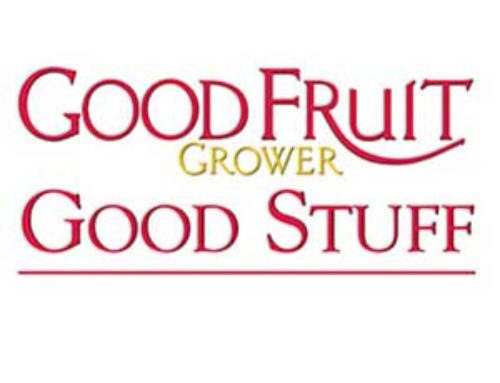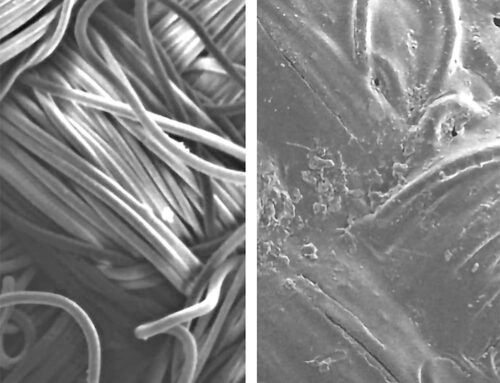It seemed, for a short time this season, that there might be a breakthrough in the Pacific Northwest apple industry’s long struggle to gain open access to the Mexican market. But no. Mexico had reached an agreement with Northwest Fruit Exporters last fall, which was due to go into effect February 28 this year.
The agreement would have replaced the 47 percent tariff on U.S. apples with a minimum price—something the Northwest apple producers felt they could live with. During the 2000-2001 season, Washington shipped a record 9.6 million boxes of apples to Mexico, but volumes have dropped off since the tariff was introduced in 2002.
Jim Archer, manager of Northwest Fruit Exporters, said it could be a 10- or even 12-millon-box market if it wasn’t for the artificially created disruptions to trade. “The market will certainly take 10 million boxes of fruit if it was open with reasonable trading rules,” he said.
How it began
The saga began in 1997 after Mexican growers complained that U.S. apple growers were dumping apples in Mexico at below the cost of production. The Mexican government began investigating the dumping claims and put a preliminary 101 percent tariff on U.S. Red and Golden Delicious apples.
The following year, Northwest Fruit Exporters negotiated an agreement to eliminate the duties but establish a minimum price for Reds and Goldens. That agreement was to end in 2003. But in 2002, Mexico abruptly announced it was ending the agreement and introducing a 47 percent tariff.
Northwest Fruit Exporters filed a lawsuit in Mexico accusing the ministry of prematurely terminating the price agreement. Mexico’s 9th District Court ruled in favor of NFE, and the two sides negotiated the agreement that would have eliminated the tariff this spring.
The court accepted this as a means of complying with its ruling. But four days before it was due to go into effect, Mexico’s 16th District Court granted a permanent injunction to a group of apple growers in Chihuahua, Mexico, to stop it being implemented.
The 9th court reversed its decision and ordered that the dumping investigation be restarted, back to March of 1997. “It’s very strange,” Archer commented. “We don’t understand it. It’s a bizarre outcome. We worked towards this for over two years, and we had a resolution.”
Frustration
In early March, the Ministry of Economics told NFE that they would restart the investigation within two to three weeks. As May loomed, the word from Mexico was the same: the investigation would start within two to three weeks. “You can’t take them literally,” said a frustrated Archer.
The Mexican government has said that during the investigation, which is expected to take perhaps three to five months, the 47 percent tariff would be dropped, and there would be no minimum price. Exporters will need to complete questionnaires about fruit shipments to Mexico between January and June, 1996, and Archer fears that not all the companies will still have records going so far back.
It’s also been rumored that the ministry will require additional information, which is likely to lengthen the investigation period. At the end of the investigation, the Ministry of Agriculture would be expected to set a new duty rate based on information gained during the new investigation. “We have no idea what that might be,” Archer said.
Constant battle
The continued difficulties are a huge frustration for the industry, because it’s neither free nor fair trade, Archer said. “It’s been a constant battle ever since the market opened. Our price agreement was challenged every year by the Chihuahua growers. It’s very disruptive of trade, and it’s frustrating for the whole industry.” However, not all the industry is affected in the same way.
Two Yakima companies that were audited during the initial investigation—Washington Fruit and Produce Company and Price Cold Storage—are exempt from the tariff. In early April, the Mexican ministry announced that Washington Export LLC of Yakima, which exports fruit for two major apple packers, was granted a zero-duty rate. The company did not exist at the time of the alleged dumping.
Archer declined to name the two packers it represents, and said the Ministry of Economics had kept their names confidential. Archer said he did not know what proportion of the Pacific Northwest apple exports going to Mexico come from those four shippers, but, he said, it is a substantial proportion.




Leave A Comment